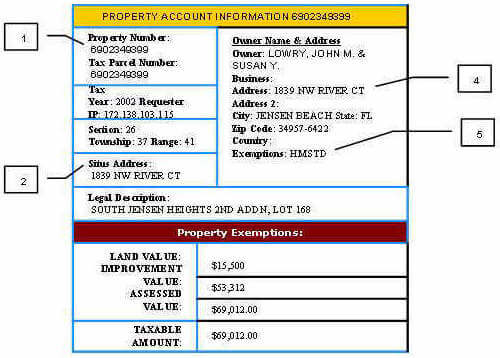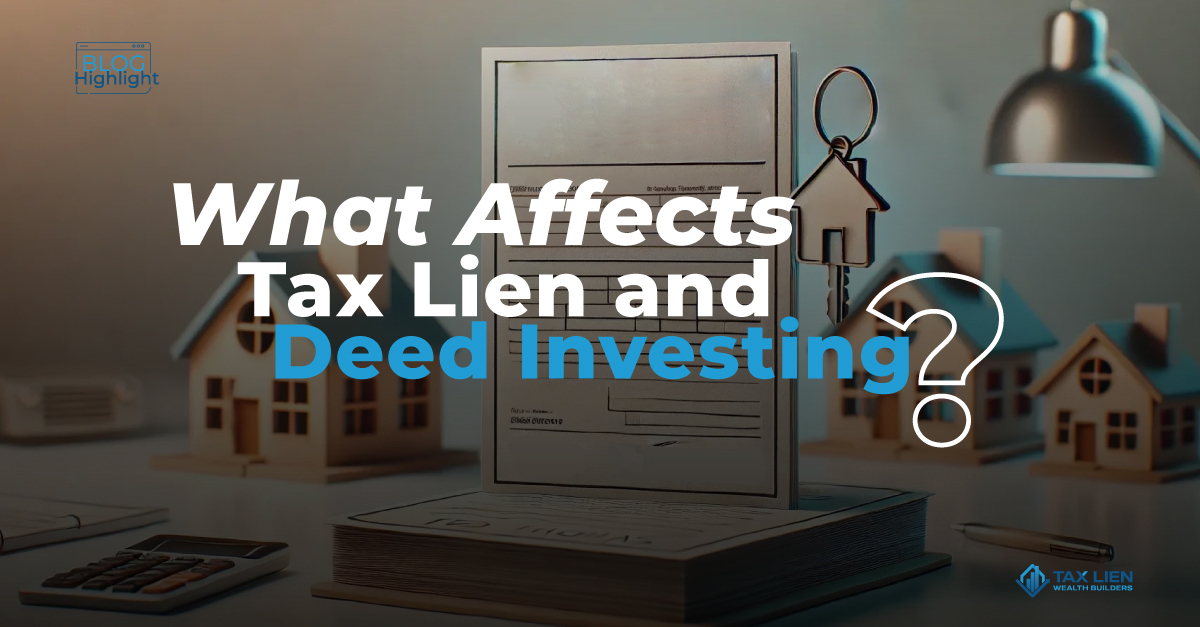All Categories
Featured
Table of Contents
If you want the tax lien foreclosure process, you need to speak to a lawyer so you comprehend and evaluate the dangers of this type of investment. - tax lien investing tips
Tax obligation lien sales are one manner in which cities and regions attempt to recover a few of the general public bucks they have actually invested preserving these residential properties abandoned by personal owners. Yet, as we'll clarify in this short article,. When property tax obligations are thought about overdue, regional federal governments usually concentrate on giving notice of misbehavior and attempting to accumulate the unpaid quantities from the proprietor.
This process typically takes years - tax lien certificates investing risks. If an owner has actually left and hesitates to pay tax obligations or keep the property, the city should spend tax obligation dollars to preserve the building. These costsboarding up the building, cutting overgrown grass and weeds, replying to fire and cops calls on the home, and moreadd up

Owners who have actually fallen on tough times definitely require every effort to keep them out of misbehavior and in their homes. Typically, if the residential or commercial property is uninhabited and shabby, we should presume the owner has chosen to desert their rate of interest in the property and that they are "unwilling" to pay (though situations earlier in the process may have compelled their hand).
Investing Tax Liens
Take, for instance, a single-family home where the owner has actually long given that left. For many years the neighborhood government has actually needed to step in and eliminate rubbish dumped in the backyard, board up the doors and windows, and reply to calls about immoral task on the home. All these services set you back the city government taxpayer dollars.
In numerous states, those prices can be accumulated in the very same way as the overdue taxes, yet not in all. In a tax lien sale (or tax obligation certificate sale) the regional federal government generally holds a public auction where the winning bidder agrees to pay the most money for the right to apply the tax obligation lien, starting with a minimal quote of at least the tax obligations possessed, plus suitable passion, charges, and expenses.

When a government offers the tax lien they are generally selling to a private customer the regional government's authority to accumulate the debt in exchange for in advance payment of the taxes owed. The customer's acquisition usually includes the capacity to earn future interest, as well as recover relevant fees and expenses incurred by the customer, if the homeowner pays the tax financial debt.
This is, essentially, privatization of a core federal government function: taxation. Tax lien sales are especially negative when it pertains to uninhabited, deserted, and scrubby residential properties due to the fact that they prolong the duration prior to a residential property can be moved right into the hands of a new, more liable proprietor. Personal tax lien buyers hold the financial debt, yet they do not own the titlethe lawful right to ownership of the propertyand oftentimes, they have no passion in getting it.
Tax Liens Investing
Considering budget cuts, city governments in many states have decreased internal building tax obligation collection and enforcement initiatives and aimed to tax obligation lien sales as a quick mixture of profits - tax lien investing tips (investing in tax lien certificate). Several areas select or are mandated by the state to market tax liens because it outsources collection and often brings in extremely needed cash money earlier in the collection procedure
By moving the local government's rate of interest in and enforcement of the tax obligation lien to a private buyer, city governments shed much of their versatility: flexibility to get uninhabited residential or commercial properties that the private market doesn't desire, or to help the proprietor stay clear of shedding their residential or commercial property. With vacant homes, there is a much greater possibility that the exclusive customer isn't curious about the residential property itself.
Tax lien sales can cause harm in historically disinvested locations. In a clinically depressed housing market, fewer proprietors have the ability to redeem the amount of the debt sold to a tax obligation lien purchaser. These locations are ripe for a different kind of tax lien investorspeculative owners seeking to obtain residential or commercial properties on the inexpensive by confiscating on the real estate tax lien, bleeding what little bit equity is left by renting out a second-rate residential or commercial property to susceptible renters, and after that abandoning the residential property when they've gained back their investment.

Not all state regulations offer city governments the power to intervene in this cycle. Regardless, the residential or commercial property stays vacant and in limbo, all the while imposing substantial expenses on its neighbors and taxpayers. It's easy to understand that numerous regional federal governments transform to tax obligation lien sales due to the fact that they help money crucial civil services.
If the neighborhood federal government rather offers the home (aka the "tax act"), instead than the tax obligation debt, then they are in control of what occurs to the home and the enforcement procedure if the proprietor continues to not pay the real estate tax owed. The government will supply the proprietor a reasonable time to repay the tax debt, after which the federal government will confiscate its rate of interest in the tax obligation lien and the owner's right of redemption.
From their inception, these auctions were venues for financiers to benefit through exploitation. In very early 20th-century cities, well-known "tax obligation sharks" like Chicago's Jacob Glos and New york city's Charles Wiltsie collected lot of money by acquiring up scores of tax obligation liens on homes, billing their proprietors excessively high total up to get rid of the lien, or waiting till the due date for negotiation passed and asserting the action.
What Is Tax Lien Certificate Investing

Calls to eliminate tax lien sales and overhaul tax obligation delinquency legislations have actually occasionally appeared. Commonly, they have actually can be found in action to situations of bad, frequently senior house owners who shed their homes to underhanded tax obligation customers over little tax obligation financial obligations. Yet with a few exceptions, state legislatures have stood up to structural reforms.
Those that have settled their home loans (mostly senior persons or individuals that had acquired a family home) must likewise locate the cash to pay real estate tax. This clarifies why 70 percent of the homes marketed at tax obligation lien sales are possessed outright. It is well for states to adopt an even more humaneand more effectivesystem for building tax enforcement.
Latest Posts
Tax Sales Overages
States With Tax Deed Sales
Notice Of Tax Sale